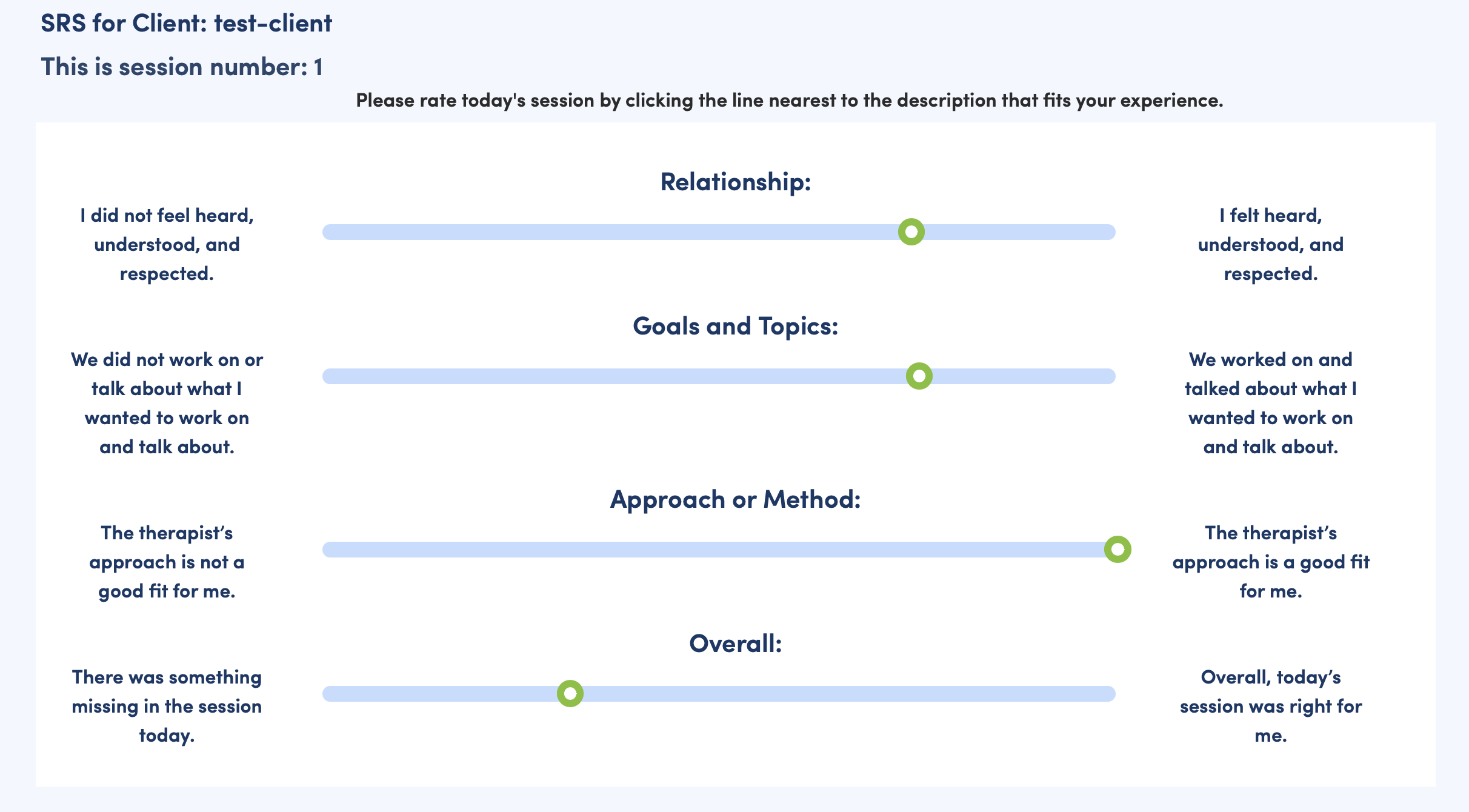What is feedback-informed treatment?
First, Inspiration…
It might be helpful to first begin with what inspired me to make sure feedback is integral to the way I work. While I have met some amazing folks, unfortunately, I have come across therapists, healthcare professionals, and healers where my or others’ concerns have been dismissed, distress has been minimized or belittled, and/or at worst just treated in dehumanizing ways that have left me and others feeling disoriented, confused, taken advantage of, betrayed and fearful of trusting themselves and spaces meant for healing and care.
As a client/patient, just simply a person wishing to receive care during some of the most difficult moments of my life, I didn’t feel comfortable speaking up.
When I did, for instance, the person would become visibly defensive. It can be scary when being in a relationship based on receiving care with people in positions of power who become defensive. The image of who they believe they are does not align with their actions so cognitive dissonance can occur and to deal with this tension many resort to blaming, excuses, dismissal, belittling, being condescending and contesting, and challenging.
Feedback and Imperfections
Feedback and consent are some of the most important elements of how I work. I attended an intensive taught by the International Center for Clinical Excellence where we learned how to create a culture of feedback and do so in ways where clients feel safe and comfortable to provide honest feedback.
I wish I could say I’m a perfect human being, but I’m not. I may disappoint you. Rather, I will most likely disappoint you. I might get it wrong. I might not hear nor understand you. It’s not a matter of if, but when.
On a mission…
With these examples in mind, I would never want my clients to feel how I did or feel they can’t speak up about how treatment…how therapy is going for them, especially when it requires such vulnerability, trust, courage, and a large investment of time, energy, and money. In each of these examples at the very least there are power hierarchies and a lack of a culture of feedback and accountability that can lead to the abuse of power. Often in these positions of care, folks are put on a romantic and fantasized pedestal and seen as unquestionable, all-knowing, and incapable of causing harm.
Relationships are messy. Humans are imperfect.
Yet, even with the imperfections of being human, I am genuinely interested in people’s feedback and am committed to utilizing the feedback and repairing ruptures in the relationship. Essentially, Feedback-Informed Treatment simply means that we are actively, formally, and constantly (for me each session) soliciting feedback about the therapeutic relationship, quality of care, and other contextual and circumstantial factors impacting the client and using this information to inform and tailor the trajectory of therapy to ensure we are meeting the clients’ needs and wishes for therapy.
Here’s a screenshot of a visual analog scale from a fictitious client called the Session Rating Scale that I use each session! I like to joke with clients that I promise I won’t get defensive nor take your feedback personal. I will just turn off my camera, go in the corner, get in a fetal position, hold my dog, and cry myself to sleep. Haha, juuust kidding. ;)
Conclusion
Well, folks that’s all I got. Here’s a little bit about what feedback-informed treatment is about. I’ll share more next time about the questions I ask to solicit honest feedback when someone, for instance, does not feel the approach or modality is a good fit and how I collaborate with folks in implementing their feedback.
My aim and life-long practice are to work towards establishing healthier dynamics where individuals in positions of care are held to ethical standards and where feedback is valued as a means of continuous improvement. I’m answering my own call to try to create environments and discussions that prioritize transparency, trust, and the well-being of all involved.
Of course, if you’d like to learn more before then about how I work and are interested in working together, then please feel free to reach out!



